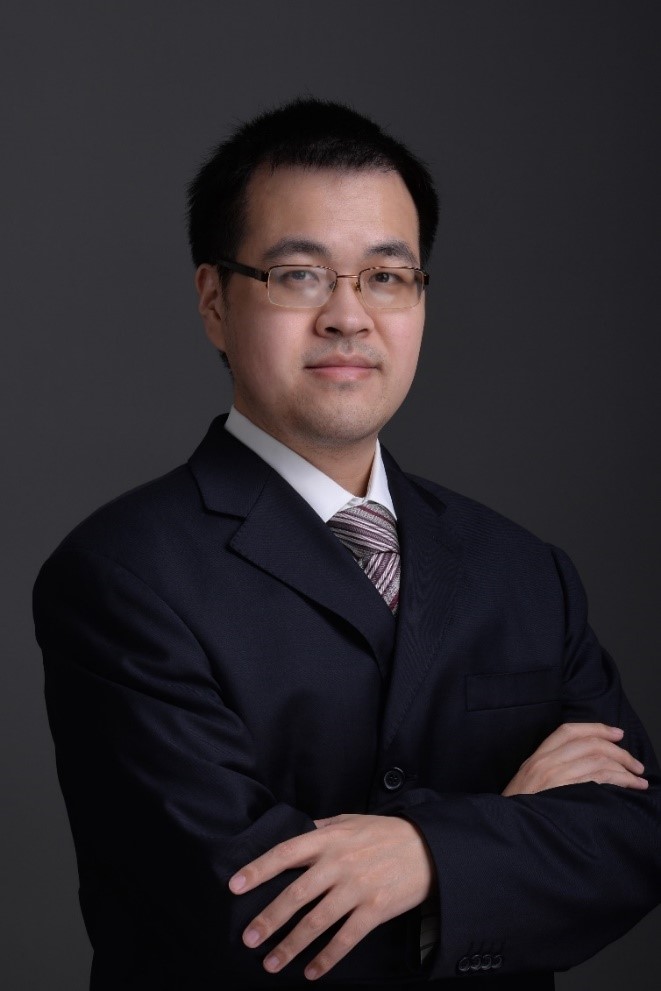
题目: Culture Breakers and Policy Implementation——How did China Promote Later Marriage in the 1970s?
主讲人:陈祎,上海科技大学
时间:2022年10月21日,9: 30 – 11:00 (北京时间)

主讲人介绍:
陈祎,上海科技大学创业与管理学院副教授。主要研究领域为劳动经济学、人口经济学、发展经济学,在人力资本、计划生育、性别差异等问题上有系统性的研究。其研究成果见于American Economic Review, Journal of Development Economics, International Economic Review, Economic Development and Cultural Change, Journal of Comparative Economics等国际知名期刊。
摘要:
In many scenarios, traditional culture is an obstacle to implementing new policies. I study whether the existence of culture breakers, who inherently hold different values and may alter local norms, can facilitate policy implementation. China’s experience in promoting later marriage in rural areas in the 1970s provides unique insights into this question. Starting from the early 1970s, the Chinese government initiated a policy called “later, long, fewer,” where “later” refers to later marriage. However, the policy was against a traditional preference for early marriage and more children. Coincidently, there were a group of special people residing in rural villages at that time---the sent-down youths (SDYs). From 1968 to 1977, about 16 million SDYs were mandated to relocate from urban cities to rural villages. SDYs generally got married late for historical reasons and held more developed gender norms. Therefore, they became natural role models for later marriage and “breakers” to traditional rural culture. I found women in rural counties that received more SDYs were more responsive to the “later, longer, fewer” campaign. They were also more likely to support gender equity and independence from traditional families. My findings contribute to the understanding of policy effectiveness.